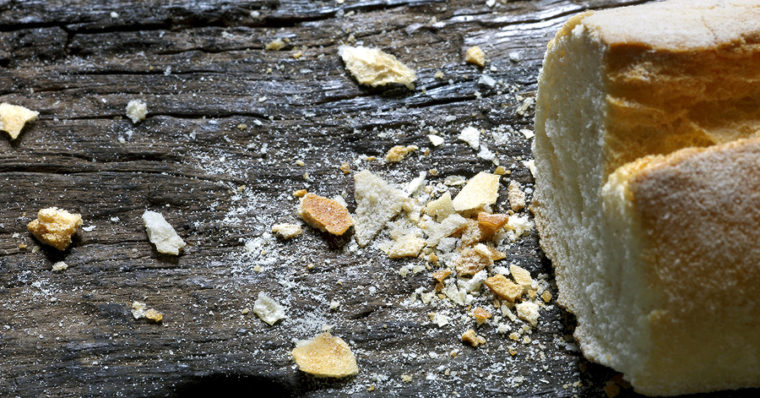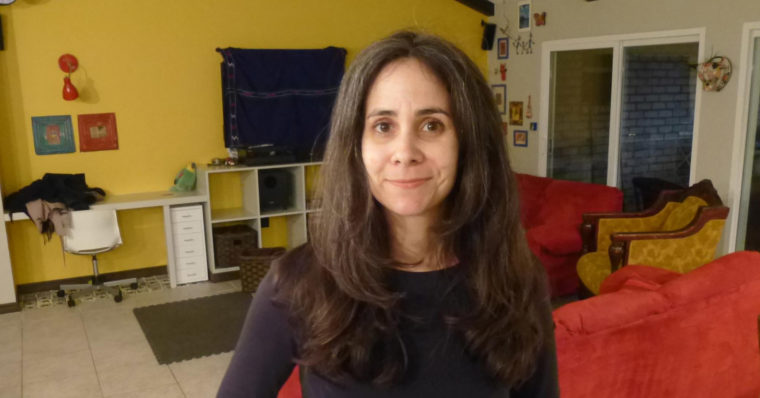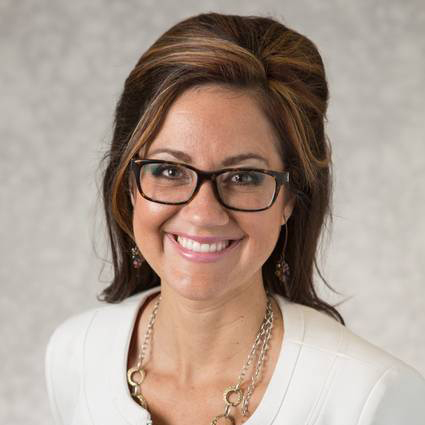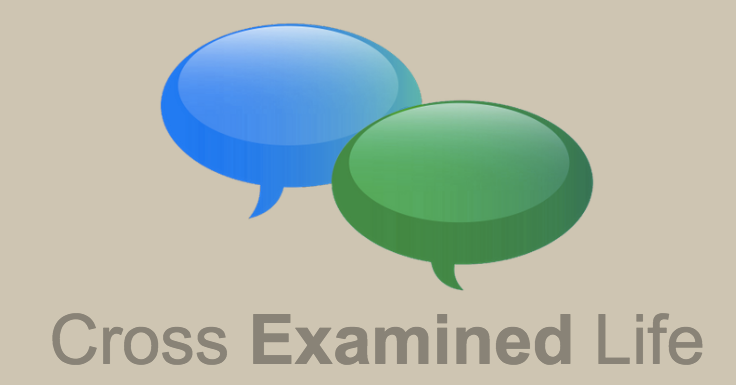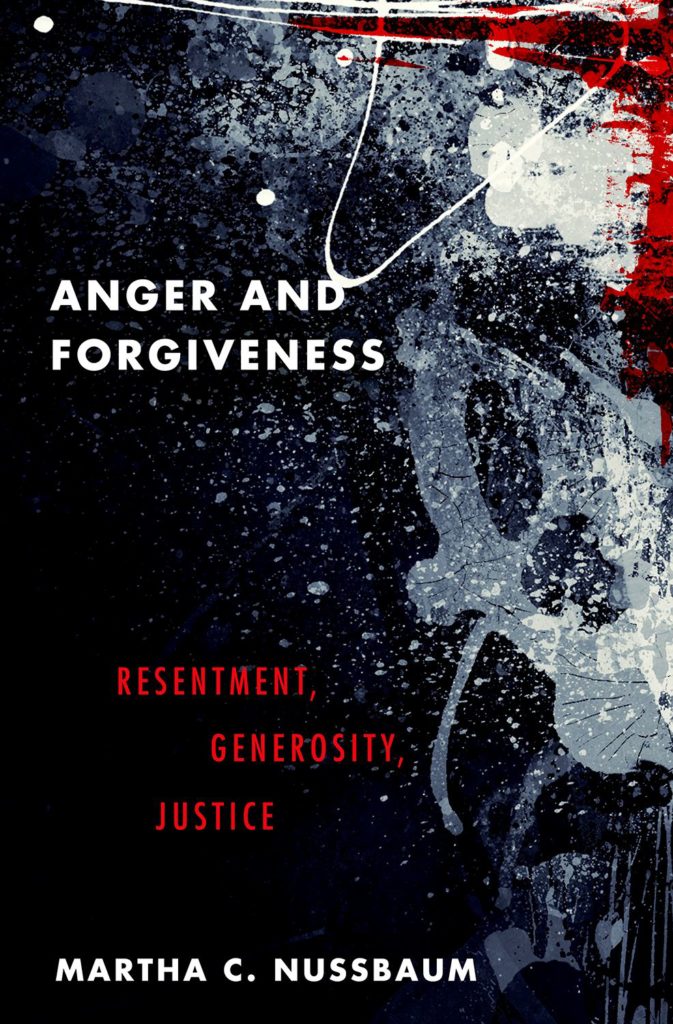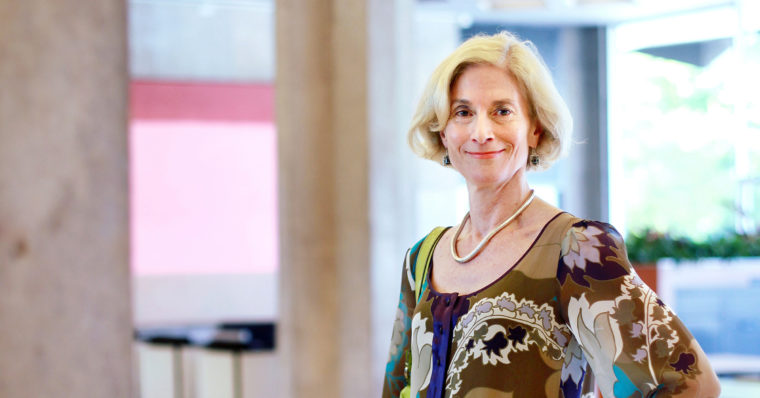This twenty-third episode of the Philosophy Bakes Bread radio show and podcast is a special edition of the show that we call a “breadcrumb,” featuring Dr. Mariana Alessandri. Dr. Alessandri talks with us again, in our first of two breadcrumbs with her, about the bread baking metaphor for philosophy, how apt it is, but for surprising reasons. Bread is useful, but very few people today bake it themselves.
Dr. Alessandri was with us on episode 22 of the show, “The Little Engine that Couldn’t.” If you haven’t heard it yet, listening to this one first, check them both out, as well as episode 24, out next, which is a second breadcrumb episode that we recorded as well. Ep24, BC4 – Teaching Kids about Pessimism.
As always, you can reach out to us on Facebook @PhilosophyBakesBread and on Twitter @PhilosophyBB; email us at philosophybakesbread@gmail.com; or call and record a voicemail that we play on the show, at 859.257.1849. Philosophy Bakes Bread is a production of the Society of Philosophers in America (SOPHIA). Check us out online at PhilosophyBakesBread.com and check out SOPHIA at PhilosophersInAmerica.com.
(18 mins)
Click here for a list of all the episodes of Philosophy Bakes Bread.



Subscribe to the podcast!
We’re on iTunes and Google Play, and we’ve got a regular RSS feed too!
Notes
- Seneca, biography.
- Sor Juana Inés de la Cruz, biography.
- Jeff Hertzberg and Zoe François, Artisan Bread in Five Minutes a Day: The Discovery that Revolutionizes Home Baking (New York: Thomas Dunne Books, 2007).
- YouTube how-to videos Weber mentioned & watches, especially The Wood Whisperer and WoodGears. For a great, short YouTube video on bread baking, check out Hertzberg and François’s video on their bread making method.
Connect with Us!
Tell us what you think! Reach out to us and follow the show on Twitter, Facebook, by way of Email, or by commenting here below!


